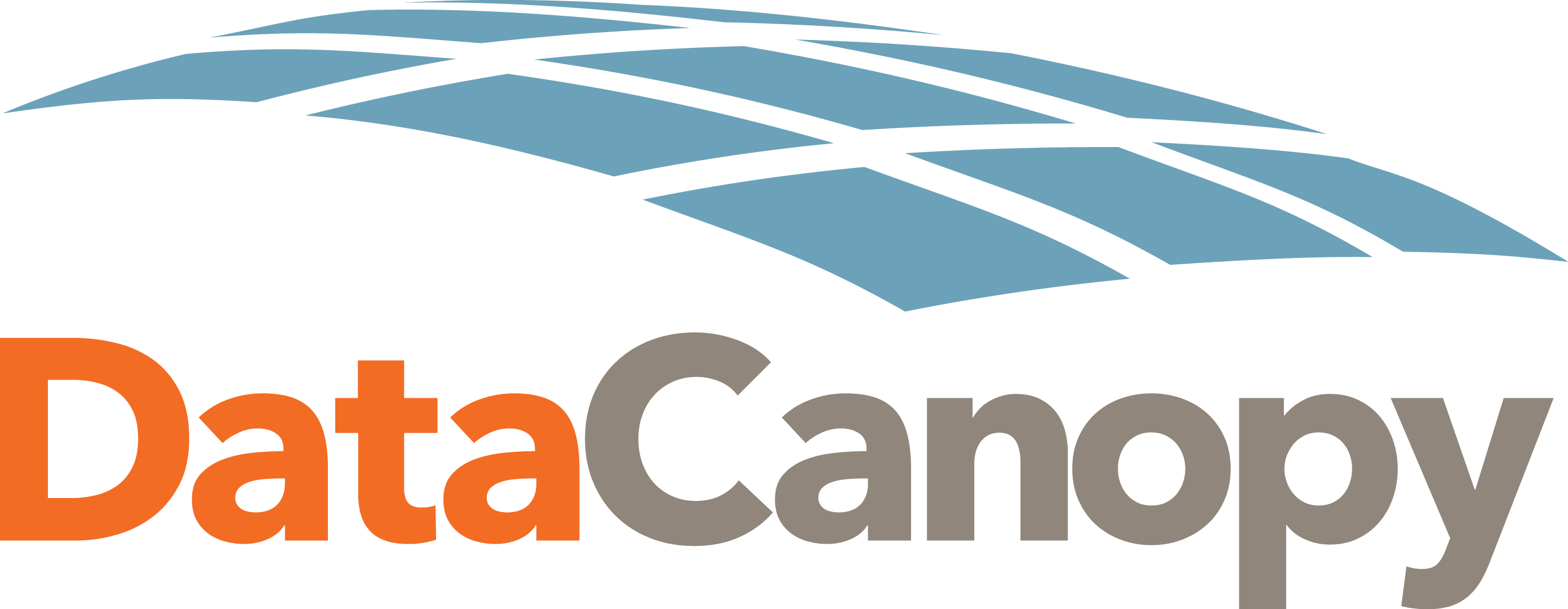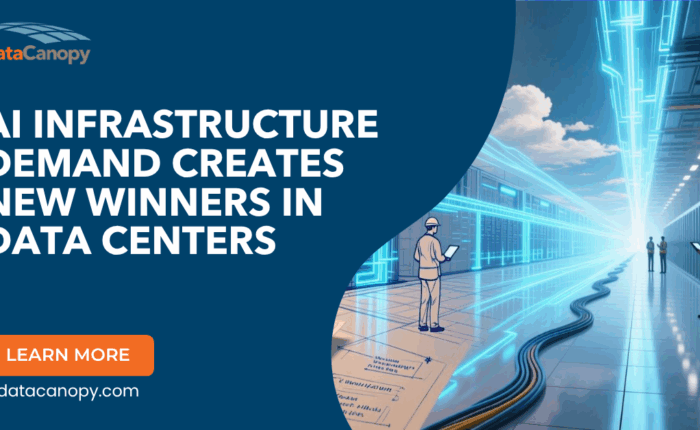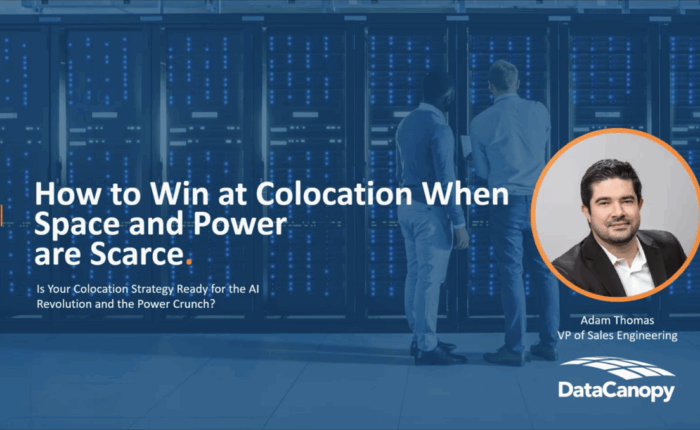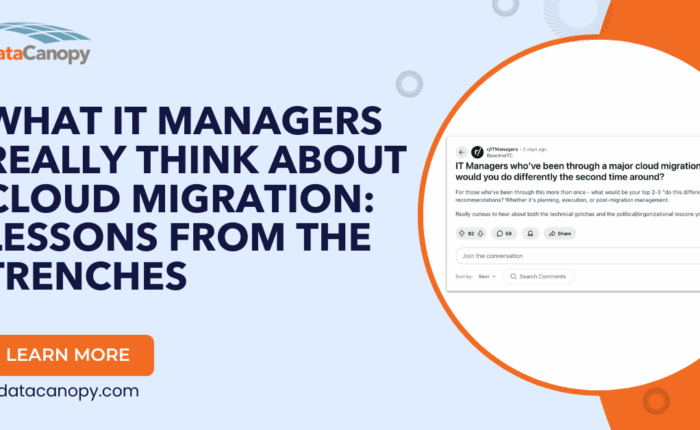
You want more security, a stable and scalable environment that provides a huge cost savings: colocation is the answer. Now you just need to pick a data center and buy a rack. Right? Wrong. When deciding on which colocation provider to go with it’s not just about the cost per rack. There are often additional costs that some providers don’t always broadcast and can make a big difference to your bottom line. Here are the top six things you should consider when you are gathering bids for data center colocation:
- Setup Fees: These are often referred to as one-time fees. It is important that you find out what is included in the setup; does it mean moving the racks, getting the power to your servers, and the bandwidth needed to make it a functional environment? Can this cost be rolled into your monthly fee or does it have to be paid upfront? These are important questions to ask. Additionally, some providers will even waive these fees during promotions or if certain terms in the contract are met. It’s important to understand the cost of setup for a one-year term versus a two-year term, chances are you’ll be colocating your servers for an extended time period and your savings could be substantial to extend your contract upon signing.
- Power: Power pricing fluctuates, but most colocation services contracts will accommodate a fixed power price for a specified amount of time (typically a year or two). Be aware of what the power clause states when you sign the contract because it could fluctuate up to 10% at any given time. Not only should you be concerned with the cost of power but whether it is metered. Are you being charged for primary and redundant power or just primary power? If you are to go over your contract amount what are the overage charges? Some providers will charge separately for the actual cabinet and square footage of the cage space to make the power price look more appealing, so be aware of this before you sign.
- Bandwidth: Some questions to ask include: How fast is the bandwidth and at what cost? Is the bandwidth metered or unmetered? If you are reaching your limits will you be notified before additional cost are incurred? Is the bandwidth dedicated or shared? Asking these questions in advance and being conscious of the associated costs can save you from most surprises.
- Networking: Your network in the data center can include the cross connects, PDUs, VPNs and firewalls. Most data centers charge a cross connect fee associated with connecting your cabinets to the main facility bandwidth cabinet for the provider of your choice. Some add an additional mark-up on that fee which can be an additional $300 to $400 a month. With PDUs, providers can charge for them upfront and when you require access to them, while others charge monthly rates. It is important to understand what you are going to need and what is already included in the infrastructure.
- Scalability: What happens if you decide to grow? Is there room in the data center for you to take additional space in the future at a discounted rate? Are there discounts on the space fee, sometimes called a rack fee or square footage fee, if we take more space? It is important to have a future game plan for your business’s growth and if the data center is able to grow with you.
- Managed Services: At any point after the initial install will you need someone to physically access your racks? Many providers charge if they need to manage your systems and some build service fees into your contract. You may not need managed services because you have your own IT professional so those built-in fees may need to be adjusted. It all depends on your preference, but looking out for those fees is important to understanding what and when you’ll be charged.
When making the move to colocation it is important to understand that it is more than just buying a rack. By knowing what the cost encompasses can help you to find the right data center partner and may just save you thousands of dollars. Be sure you know what is included, where cost savings can be found, and if there are any fees that might be billed after the contract. To assist in helping you pick the best facility read our “24 Questions to Ask Before Choosing a Colocation Provider.” It will provide you all the valuable information needed to negotiate the best deal.



